Easter in Ghana: A Celebration of Faith, Family, and Cultural Heritage
Related Articles: Easter in Ghana: A Celebration of Faith, Family, and Cultural Heritage
Introduction
With enthusiasm, let’s navigate through the intriguing topic related to Easter in Ghana: A Celebration of Faith, Family, and Cultural Heritage. Let’s weave interesting information and offer fresh perspectives to the readers.
Table of Content
Easter in Ghana: A Celebration of Faith, Family, and Cultural Heritage
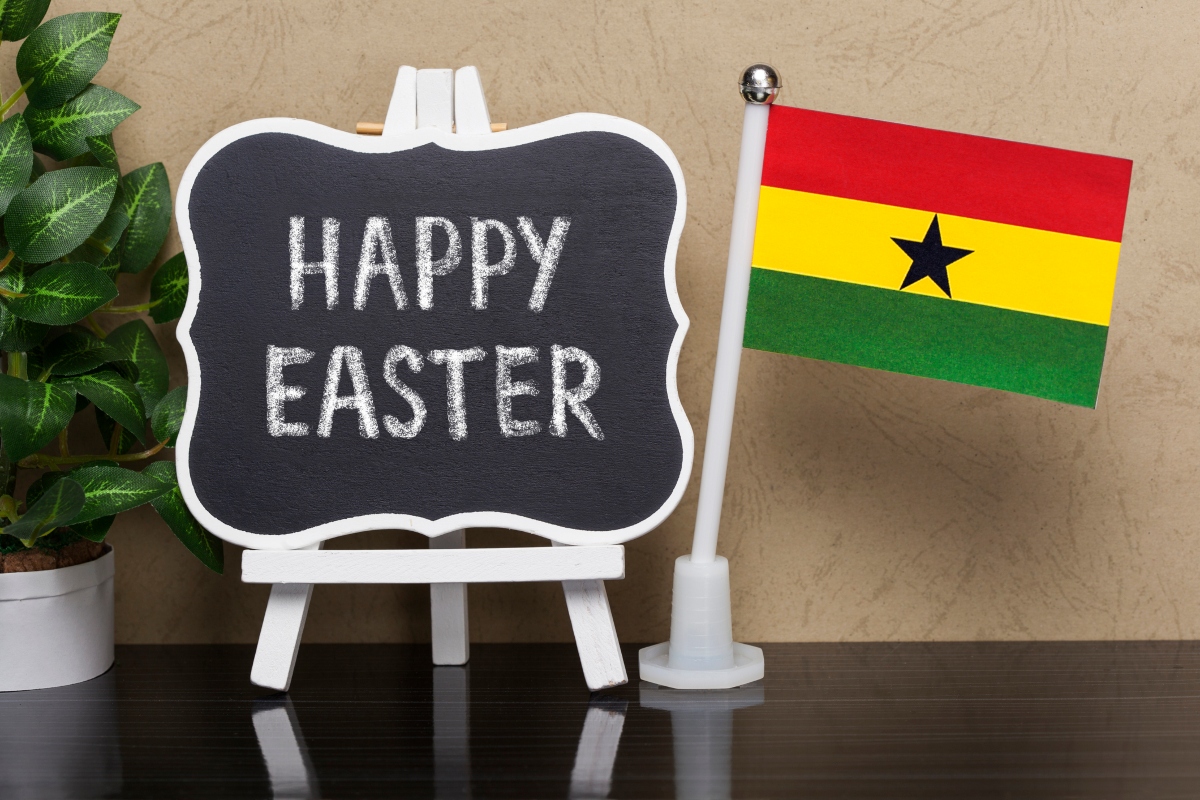
Easter, a significant Christian holiday commemorating the resurrection of Jesus Christ, holds a profound cultural and religious significance in Ghana. The holiday, celebrated annually on the first Sunday after the first full moon following the spring equinox, brings with it a vibrant tapestry of traditions, festivities, and family gatherings.
The Religious Significance of Easter in Ghana:
In Ghana, a nation with a predominantly Christian population, Easter is a time of deep religious reflection and celebration. Churches across the country hold special services, sermons, and processions, culminating in Easter Sunday services that are often filled to capacity. The resurrection of Christ serves as a powerful symbol of hope, renewal, and the triumph of good over evil.
Easter Festivities and Traditions:
While the religious aspect of Easter is central, the holiday also provides an opportunity for vibrant cultural expressions. Here are some notable traditions observed in Ghana:
- Palm Sunday: This day marks the beginning of Holy Week, commemorating Jesus’ triumphant entry into Jerusalem. In Ghana, it is customary for people to carry palm branches or fronds, symbolizing victory and peace. Children often weave palm fronds into intricate designs, adding a touch of artistry to the day.
- Good Friday: This somber day commemorates the crucifixion of Jesus Christ. Many Christians observe a period of fasting and prayer.
- Easter Monday: This day is often celebrated with family gatherings and picnics. In some communities, traditional games and dances are held, adding a festive touch to the day.
- Easter Egg Hunts: This popular tradition, especially among children, involves hiding decorated eggs for them to find. The eggs symbolize new life and rebirth, reflecting the central theme of Easter.
- Easter Sunday Feasts: Families gather to enjoy special meals, often featuring traditional dishes like fufu, banku, and kenkey. These meals are a testament to the importance of family bonding and shared joy.
Tourism and Economic Impact:
Easter is a significant period for Ghana’s tourism industry. Many Ghanaians residing abroad return to their homeland to celebrate with their families, contributing to a surge in domestic travel. The holiday also attracts international visitors seeking a unique cultural experience, leading to increased activity in hotels, restaurants, and other tourism-related businesses.
The Importance of Easter in Ghana:
Easter in Ghana is more than just a religious holiday. It is a time for:
- Spiritual Renewal: The holiday provides an opportunity for reflection, prayer, and a renewed commitment to faith.
- Family Bonding: Easter brings families together, strengthening ties and creating lasting memories.
- Cultural Preservation: The traditional celebrations and customs associated with Easter contribute to the preservation of Ghana’s rich cultural heritage.
- Economic Boost: The influx of tourists and domestic travelers during Easter has a positive impact on the Ghanaian economy.
FAQs About Easter in Ghana:
Q: When is Easter celebrated in Ghana?
A: Easter is celebrated on the first Sunday after the first full moon following the spring equinox. The exact date varies each year.
Q: What are some popular Easter destinations in Ghana?
A: Popular destinations include Accra, Kumasi, Cape Coast, and the Volta Region, each offering unique attractions and experiences.
Q: What are some traditional foods eaten during Easter in Ghana?
A: Traditional Easter dishes include fufu, banku, kenkey, and various soups and stews.
Q: What are some tips for planning an Easter trip to Ghana?
A: It is recommended to book accommodations and flights well in advance, especially during peak season.
Tips for Planning an Easter Trip to Ghana:
- Book Accommodations Early: Hotels and guesthouses often fill up quickly during Easter, so it is essential to book accommodations in advance.
- Consider Travel Insurance: Travel insurance can provide peace of mind and cover unexpected expenses.
- Pack Appropriately: Ghana’s climate is generally warm and humid. Pack light, breathable clothing and comfortable shoes.
- Respect Local Customs: Ghana is a culturally diverse nation. It is important to be respectful of local customs and traditions.
- Learn a Few Basic Phrases: Learning a few basic Ghanaian phrases can enhance your travel experience and facilitate communication.
- Explore Beyond the Major Cities: Ghana offers a wide range of attractions beyond the major cities. Consider exploring smaller towns and villages to experience the true essence of Ghanaian culture.
Conclusion:
Easter in Ghana is a time of profound religious significance, vibrant cultural expressions, and joyous family gatherings. The holiday provides a unique opportunity to experience the country’s rich traditions and the warm hospitality of its people. Whether seeking spiritual renewal, cultural immersion, or simply a memorable vacation, Easter in Ghana offers a truly enriching experience.
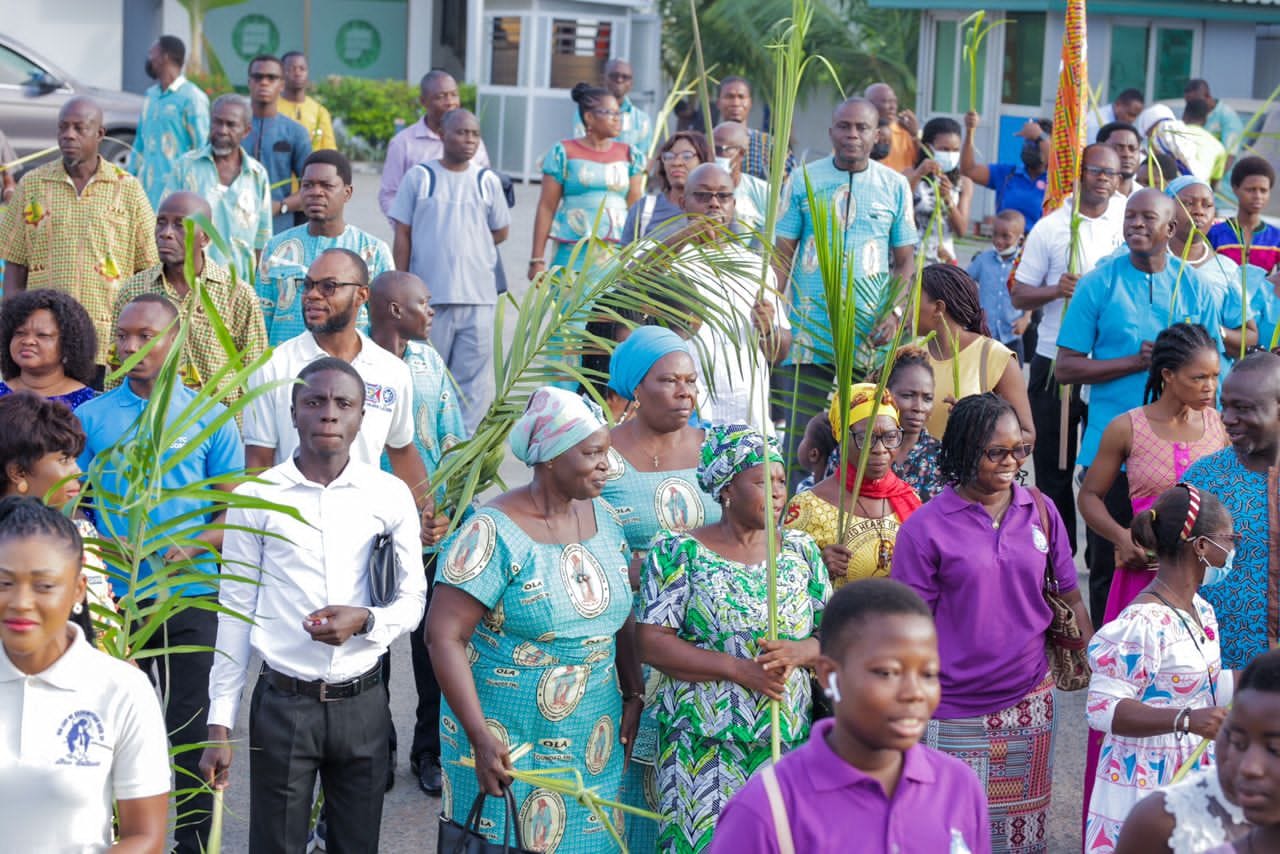
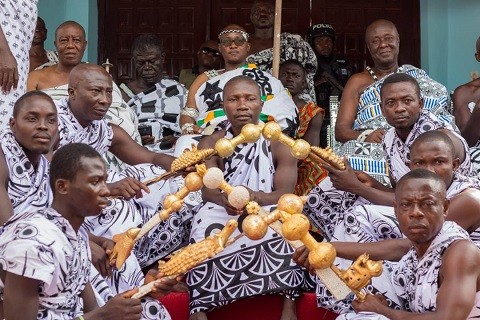
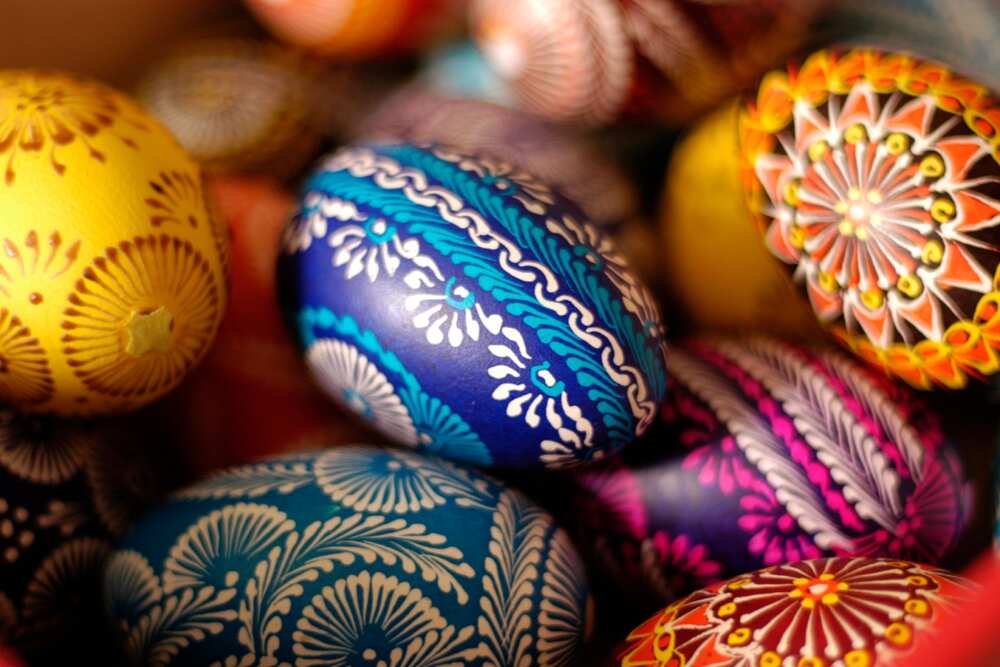
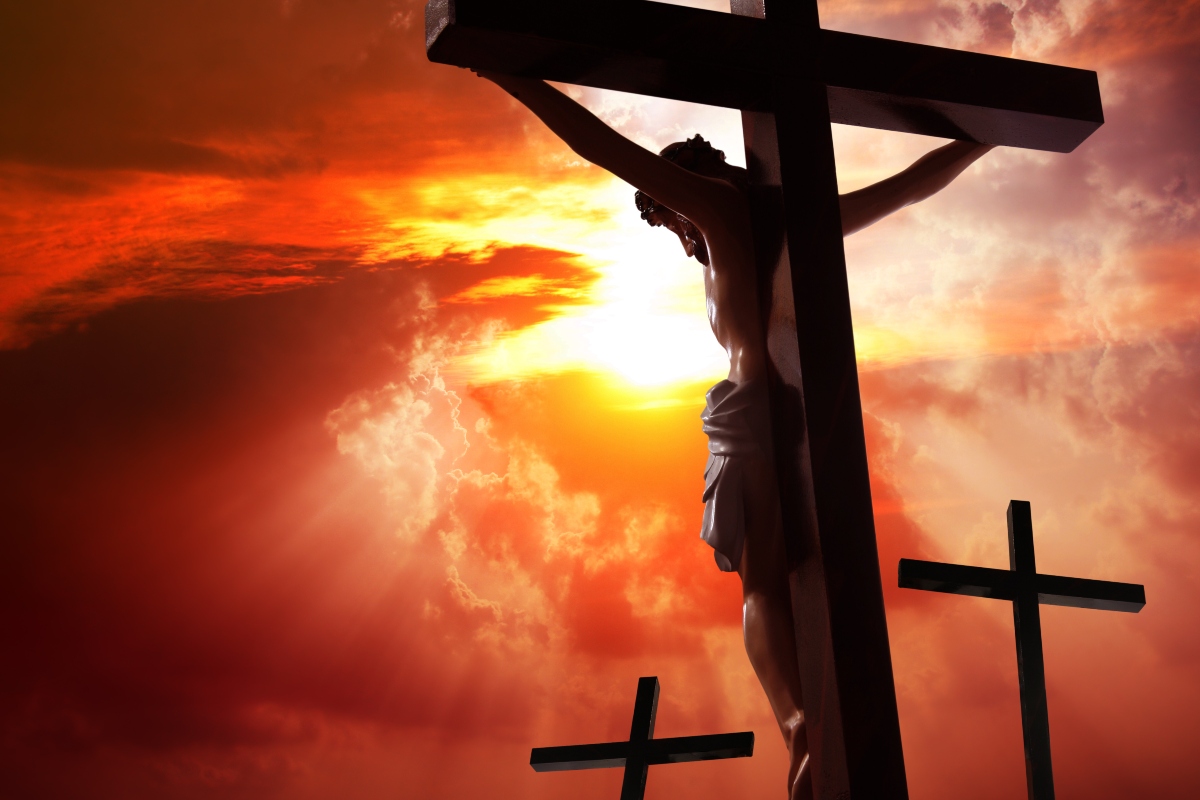
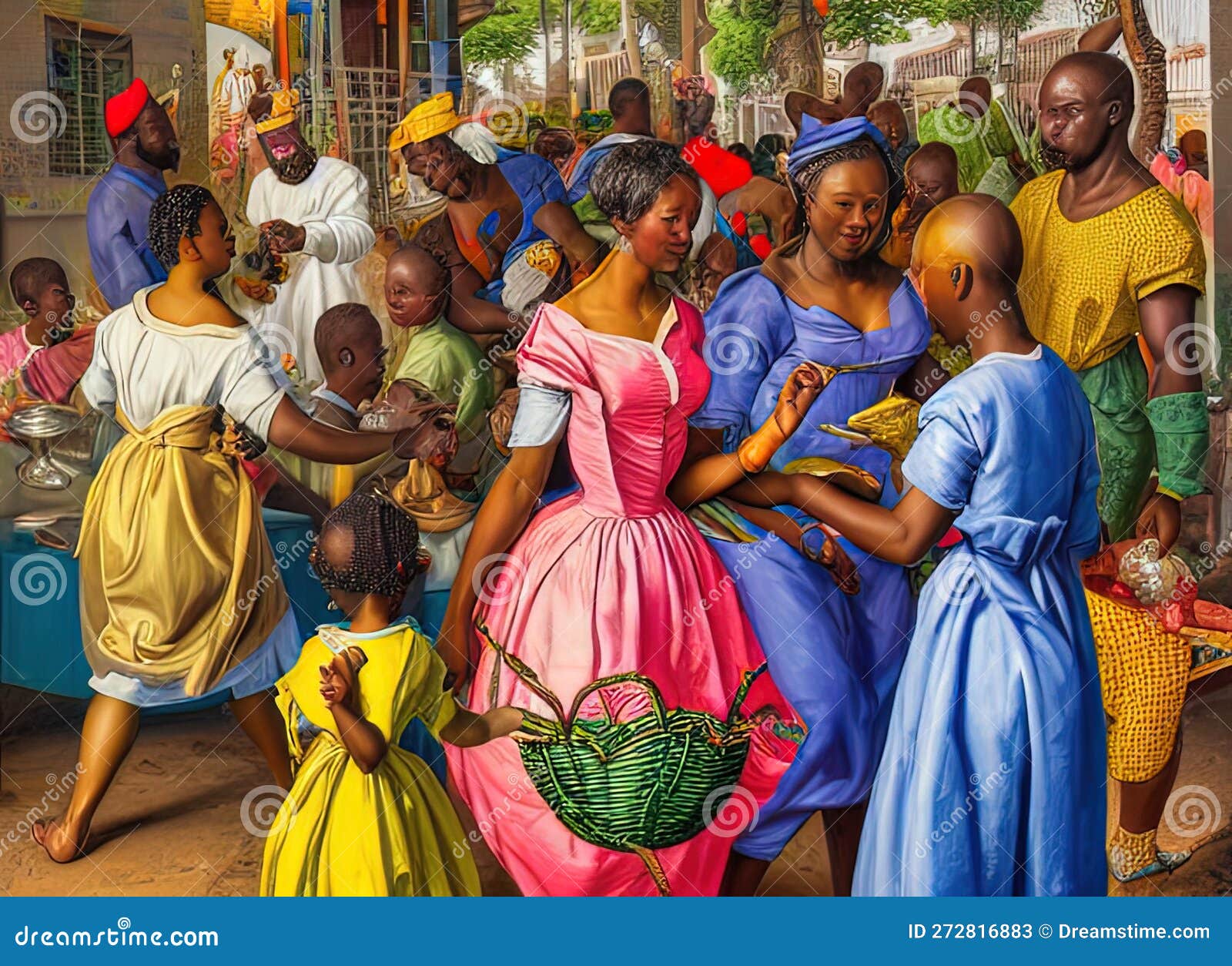


Closure
Thus, we hope this article has provided valuable insights into Easter in Ghana: A Celebration of Faith, Family, and Cultural Heritage. We hope you find this article informative and beneficial. See you in our next article!